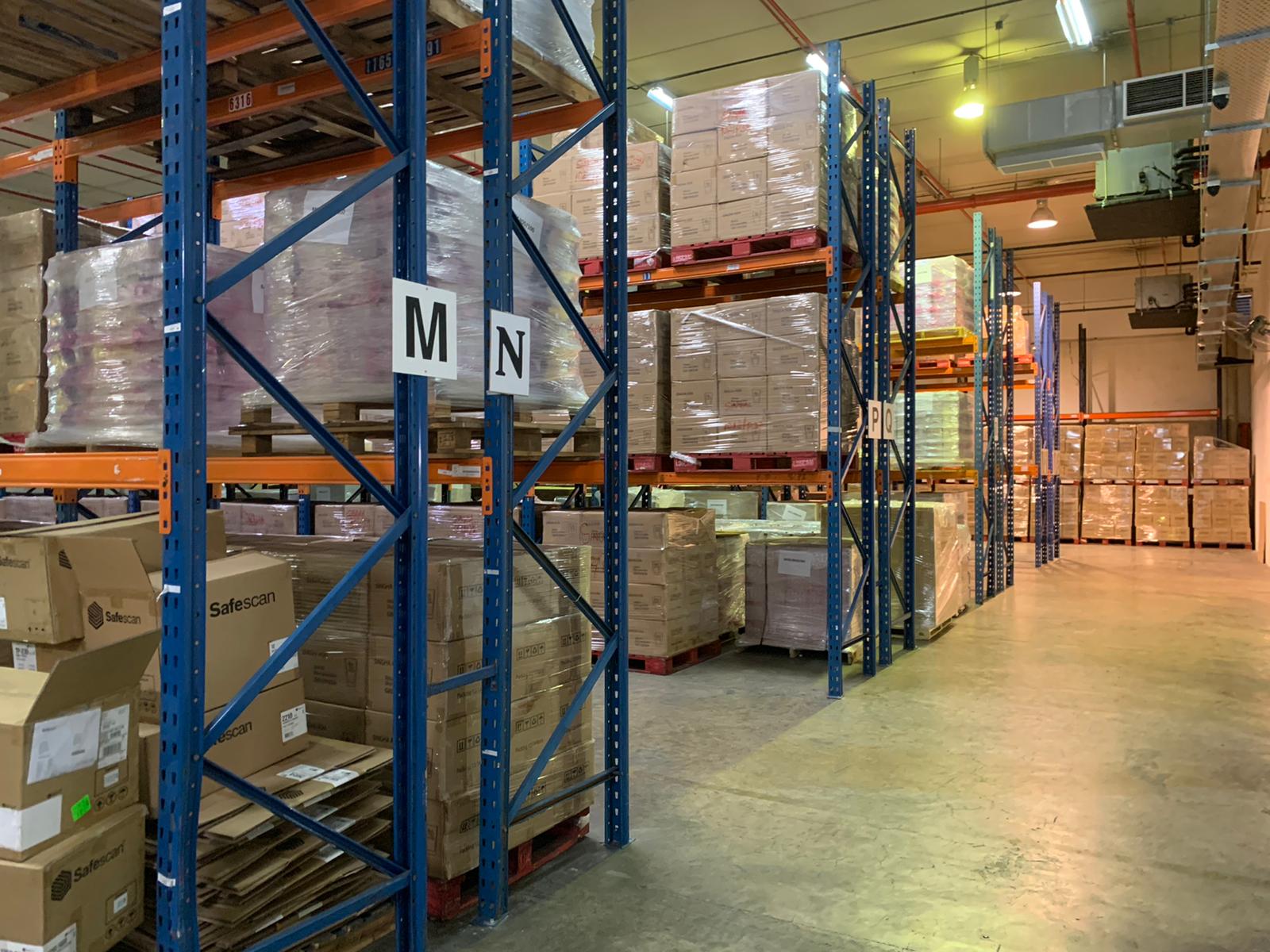Understanding DG Trucking: The Importance of Safe Transport for Dangerous Goods
In our interconnected world, the movement of goods is the lifeblood of the economy. From consumer products to industrial materials, a vast array of items is shipped across the globe daily. However, not all goods can be transported in the same manner. Some materials, known as Dangerous Goods (DG), pose significant risks to people, property, and the environment if not handled and transported correctly. This is where DG trucking comes into play. Let’s find out more about dangerous goods and how a reputable transport company in Singapore can ensure the safe transportation of these potentially hazardous materials to any destination.
What are Dangerous Goods?
The term dangerous goods refers to a wide range of substances with chemical and physical properties that can be harmful to personnel and the environment if not handled carefully. These include substances with high flammability, toxicity, corrosiveness, or reactivity, which necessitate expert handling while loading, transporting, and unloading them as cargo. Examples of such dangerous goods include chemicals, gasses, flammable liquids, explosives, radioactive materials, and even everyday items like batteries. Due to their potential to cause harm, strict regulations govern their transportation to prevent potential accidents and hazards.
Importance of Safe Transport for Dangerous Goods
Enlisting the services of a specialist provider of DG transportation in Singapore can ensure that your operations are carried out efficiently and safely. Here are some key ways that an expert service provider can assist the process:
1. Preventing Accidents
Accidents involving DG can lead to explosions, fires, leaks, or other hazardous incidents that may result in emergency situations. By ensuring the safe transport of DG cargo, you can minimise the risks associated with accidents, safeguarding the wellbeing of people, equipment, property, and the environment.
2. Public Safety
A specialised logistics solutions provider in Singapore will know how to employ proper handling and transportation procedures to protect residents from exposure to toxic fumes, fires, and other hazardous occurrences.
3. Environmental Protection
Spills or leaks of dangerous goods can have severe environmental consequences, including contaminating soil, water bodies, and the air. Safe transport practices mitigate the likelihood of such incidents, reducing ecological damage.
4. Legal Compliance
There are a number of regulations covering the safe transportation, storage, and packaging of DG, such as the International Maritime Dangerous Goods (IMDG) Code and the Maritime and Port Authority of Singapore (Dangerous Goods, Petroleum, and Explosives) Regulations. Non-compliance with these can result in fines, legal liabilities, and even criminal charges. A reputed company specialising in industrial transportation in Singapore will ensure compliance with these regulations, thereby saving you from costly legal issues.
5. Maintaining Trade
The majority of raw materials used by various industries are classified as dangerous goods, making the safe transportation of DG a crucial requirement. From chemicals and pharmaceuticals to petroleum and agriculture, dangerous goods play a pivotal role across several manufacturing processes.
Understanding DG Trucking: How it is Done
DG trucking involves specialised procedures to transport hazardous materials safely. It requires:
Proper Packaging
DG must be packaged in containers that can withstand the hazards they present. Packaging should prevent leaks, spills, and interactions between different substances. A company specialising in industrial transportation in Singapore will have the technical know-how and the resources to handle your DG trucking seamlessly.
Labelling and Marking
DG containers must be clearly labelled and marked with specific hazard symbols, identification numbers, and other pertinent information, as this ensures that handlers are aware of the risks associated with the cargo. So when you outsource your DG handling to an experienced transport company in Singapore like TSL Logistics, you can rest assured that all these protocols are carried out to perfection.
Documentation
Accurate and complete documentation is essential for DG transport. Shipping papers and other documents that detail the nature of the goods, their hazards, and emergency response information are essential components when it comes to DG transport.
Driver Training
Drivers of DG trucks undergo specialised training to understand the materials they are transporting, as well as emergency response procedures. Therefore, by opting to employ the services of a leading provider of DG transportation in Singapore, you can be assured that your cargo will be handled with the utmost care and precaution.
Emergency Response Plans
An established DG trucking company will have comprehensive emergency response plans in place. This includes procedures for spills, leaks, fires, and other potential incidents.
DG Transportation in Singapore with TSL Logistics
The safe transport of Dangerous Goods (DG) is a critical aspect of modern logistics, and the importance of safe transport for DG cannot be overstated, as it protects public safety, prevents accidents, and safeguards the environment. At TSL Logistics, we adhere to stringent regulations and employ best practices in DG trucking to ensure supply chain efficiency and minimise hazards. If you are on the lookout to partner with a leading transport company in Singapore for your next DG cargo,
call our experts today for a service that exemplifies commitment to safety, precision, and efficiency.
You might also like



Book a Service Today
We will get back to you as soon as possible
Please try again later
Quick & Reliable
Our Locations
3 Kaki Bukit Road 1 #02-01
Eunos Technolink Singapore 415935
Office Operating Hours
Monday – Friday: 9am – 5pm
Weekend : Closed
Call or Email
Call: +65 6777 2724
Trucking Enquiry: sales@tsllogistics.sg
Movers Enquiry: ops@tslmovers.sg
Express Team Enquiry: ops@tslexpress.sg
TSL Logistics. All Rights Reserved. Website Designed by Heroes of Digital
